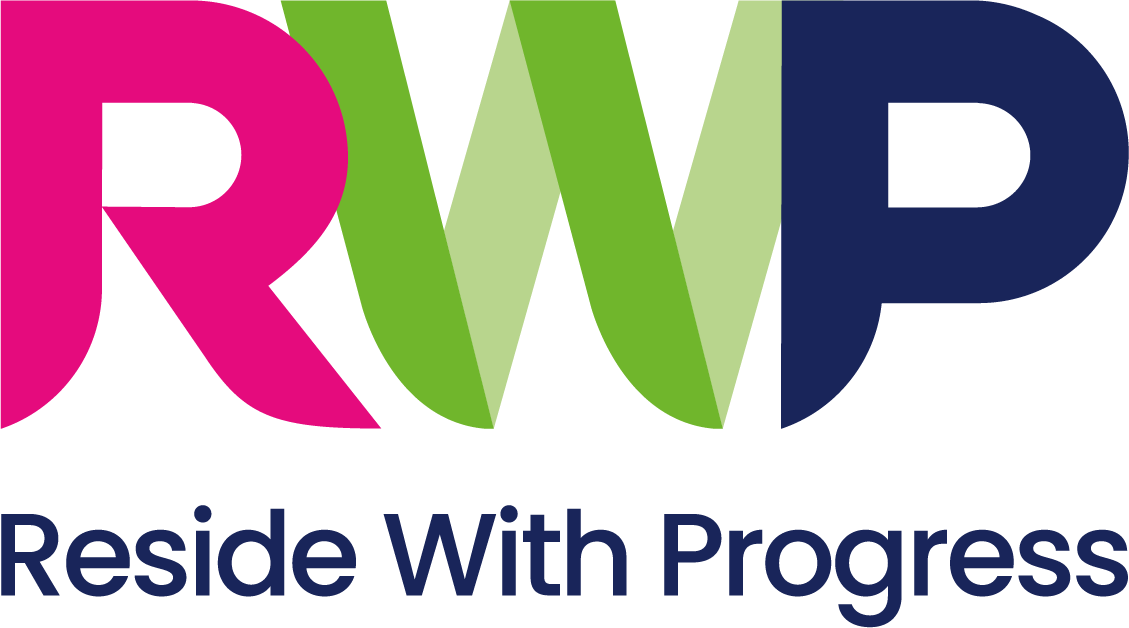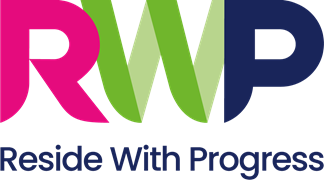
Health inequalities
Latest news
"Disabled people deserve fair access to healthcare” Blog by Annette Stevens, Director of Housing Operations.
“The theme of this year’s Disability History Month is Disability, Health and Wellbeing to raise awareness of the historical disadvantages that disabled people have faced in healthcare - and still do now. For many autistic people, people with a learning disability, and their families, this theme will resonate as they might have experienced barriers to accessing the health and care they need. Health inequalities impact their ability to live the healthy lives they deserve.
This also means they might be more likely to be on lower incomes than people who are not disabled and experience barriers in accessing work and training opportunities. Government cuts to services will also have impacted their lives too.
It’s important not to forget that disabled people were at a higher risk of dying from Covid-19 because of health inequalities. Sixty per cent of people who died from Covid-19 in the first year of the pandemic were disabled. The King’s Fund, a healthcare charity, reports that this was due to: ‘…cancellations of regular health and social care services and inappropriate use of ‘do not attempt resuscitation’ notices which reflected and exacerbate longer-standing inequalities’.
Public Health England suggests that the higher death rate was due to the fact that people with a learning disability were more likely to have underlying conditions such as obesity and diabetes. They might also have had difficulty in knowing when they had symptoms or misunderstood advice on social distancing and infection control.
It’s also a fact that disabled people with mental health conditions have worse recovery when using locally funded psychological therapies services than people who are not disabled.
Being worse off in terms of healthcare as a disabled person should not be inevitable – it’s preventable. How so? Broadly that’s with investment in services, awareness and partnership work across the health and care sector. NHS England is looking at what can be done to improve people’s health. For example, it’s working with partners to deliver The Oliver McGowan Mandatory Training. It aims to equip the health and care workforce with the right skills and knowledge to care for autistic people and people with a learning disability.
The involvement of disabled people to shape the services they need and to have their voices heard is crucial – lived experience of disability is valuable!”
For further information:
https://www.england.nhs.uk/learning-disabilities/improving-health/

